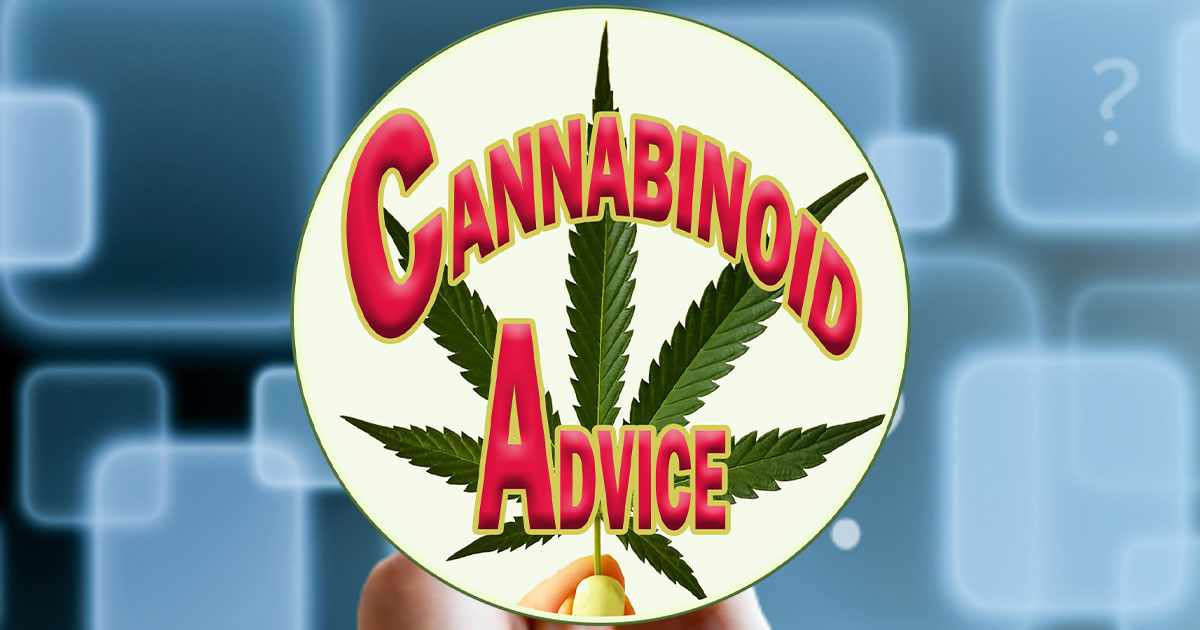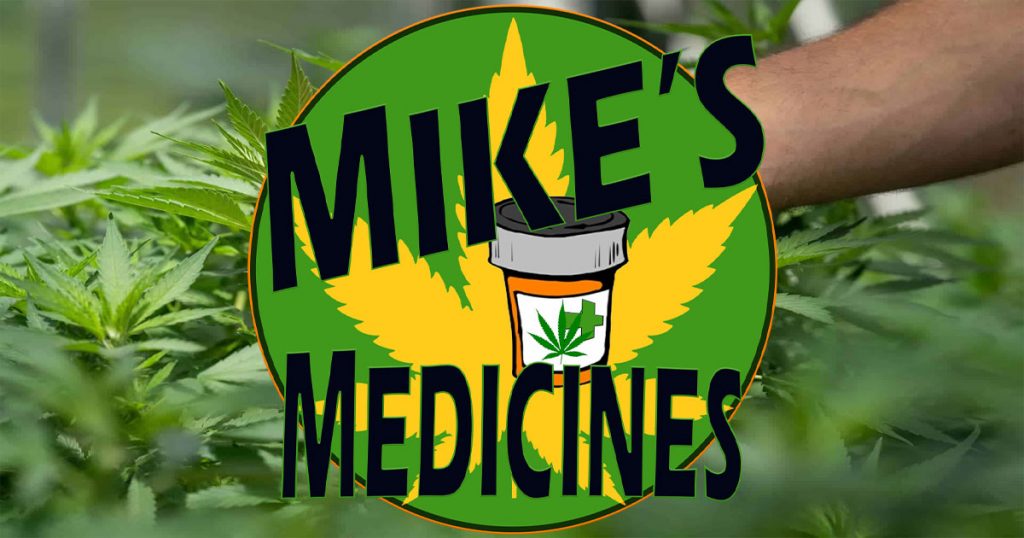In a startling announcement in their ongoing attempt to regulate the CBD Industry, the Federal entity charged with the task continues to show a lack of knowledge regarding the cannabinoid extract that most believed they had firm knowledge on after hearings and decades of research. “Thus, limited systematic data exist to inform our approach,” The FDA wrote in a statement today, “As more data on CBD become available, we will be able to refine and, perhaps in some cases, revise our thinking and approaches.” What a shocker to many that expected the Federal Government to know quite a bit more about a plant constituent they’ve already approved as a pharmaceutical in the controversial CBD Extract known as “Epidiolex” created by U.K.’s G.W. Pharmaceuticals. This statement only goes to show that there’s far from enough knowledge within this entity, per their own statements, to approve the hemp extract as a basic supplement – let alone the approval already given for doctors to prescribe it. “Why is it available for my child if they can’t even approve it as a supplement?” asked parent Lynn Myers of Florida who continued “Its’ not working well anyway, we’re going to try the dispensary CBD.”
After Hemp and its extracts/derivatives found their way into an area of legality as a type of supplement for people to use, federally legalized under the 2018 Farm Bill, the FDA was mandated under separate appropriations legislation passed late last year to provide an update within 60 days – but unlike you and me – they were able to be a bit late with that report that came in today. Many expected to see at least the hint of some type of regulatory framework, to the chagrin of many the following statements were issued.
“FDA is currently evaluating issuance of a risk-based enforcement policy that would provide greater transparency and clarity regarding factors FDA intends to take into account in prioritizing enforcement decisions,” the agency told lawmakers. “Any enforcement policy would need to balance the goals of protecting the public and providing more clarity to industry and the public regarding FDA’s enforcement priorities while FDA takes potential steps to establish a clear regulatory pathway.” Now that seems like a worthy statement to many, it’s what many didn’t expect. After approving a pharmaceutical version that’s been found to be very controversial with its side effects and interactions with other pharmaceuticals most were under the impression the FDA knew a bit more about CBD than they exposed today.

The report notes that there are means to develop FDA-approved drugs based on CBD, as has been done for one prescription medication to treat severe seizure disorders, but it stressed that “CBD is not a risk-free substance” and could impact liver health and have adverse interactions with other drugs. Further, the agency said it is concerned about mislabeling and the presence of adulterants in unregulated products.
That said, FDA said it is “actively evaluating what and how much data would be sufficient to support a conclusion that CBD can safely be allowed in dietary supplements under certain conditions.” To expedite the process, it is also “evaluating issuance of a risk-based enforcement policy that would provide greater transparency and clarity regarding FDA’s enforcement priorities while FDA potentially engages in the process of a rulemaking.”
“Any enforcement policy would need to balance the goals of protecting the public and providing more clarity to industry and the public regarding FDA’s enforcement priorities based on the known risks to public health. As we move forward, FDA intends to continue taking action to address violations we identify that put the public at risk.”
There are a number of questions that the FDA is considering as it continues to develop regulations for CBD products. And, there’s a huge roar of questions coming from those in the CBD industry and beyond – WHY didn’t the FDA ask these questions when approving a pharmaceutical for use on little kids?
- What happens if you use CBD daily for sustained periods of time?
- What level of intake triggers the known risks associated with CBD?
- How do different methods of exposure affect intake (e.g., oral consumption, topical, smoking, or vaping)?
- What is the effect of CBD on the developing brain (such as children who take CBD)?
- What are the effects of CBD on an unborn child or breastfed newborn?
- How does CBD interact with herbs and botanicals?
- Does CBD cause male reproductive toxicity in humans, as has been reported in studies of animals?
- Are there differing safety concerns for use in certain animal species, breeds, or classes?
- Are any residues formed in edible tissues of food-producing animals?
While CBD is not currently allowed to be marketed as a dietary supplement, FDA wrote that it “has the authority to remove this exclusion through rulemaking.” Answering these questions—through the reopened public docket as well as discussions with government partners—will help facilitate that process. The docket will remain open “indefinitely” for stakeholders to submit relevant information to assist in the rulemaking process, it said.
“Given the significant public interest in the potential for CBD dietary supplements, as well as the extent to which many such products are available on the market, FDA has been taking a highly proactive approach to analyzing relevant safety questions. Rather than waiting for data to be submitted, we have been actively working to identify and review all available data to understand the risk profile of CBD and the potential for CBD to be safely included in dietary supplements, under certain conditions of use.”
Many of us simply disagree with the FDA in regards to limited data. Rather, it’s very apparent to many that the federal entity is stalling from the allowance for approval of pharmaceuticals as also an over-the-counter food supplement or nutritional supplement. Either one of the two would be breaking new ground for the Agency which is why they’re having issues. Either way, you slice or dice it, we’ve got a schedule 5 narcotic drug (GW Pharma’s CBD concoction) that’s available by prescription now – and people can gain access to even stronger versions in dispensary’s literally located on the same street as the pharmacy.
I would understand their confusion if that’s truly what it was. Instead it’s a greed machine that allowed a pharmaceutical to gain approval without even knowing what the substance was. An agency charged with stringent methods of approving anything we ingest should be fully aware of what CBD is – and I personally believe they are. What I also believe is they’ve got themselves in a position as when we examine this cannabinoid-like the chicken and the egg – we come to quick conclusions. Without a doubt, CBD Tinctures came before the pharmaceutical. If the federal entity is confused now they surely didn’t show confusion in allowing yet another Rx drug onto the market that causes serious issues for people with Epilepsy.
A big thank you to Marijuana Movement‘s and their report on this topic for some of the content within this article.
-Mike Robinson, Cannabis Patient and Founder, Global Cannabinoid Research Center. But, most of all, Genevieve’s Daddy
Sign up to receive informative and exciting email updates from Mike's Medicines!
You can sign up for our mail list here:
Didn't find what you are looking for?
Find exactly what you want to when you want it.
Browse through our archives by date, category or by entering a topic in the provided search field.
Archives
Categories
More to come as we have time to add them – there’s 100’s of additional publications!

We’ve made it easy for you to read Mike’s Medicine Blog or visit any of the Menu items right from here. It is that simple! Explore Mikes Medicines by clicking on the button below:

Read about how Cannabis Compassion and love created Mike’s beautiful family, the Cannabis Love Story inspires millions daily:
Genevieve’s Dream is all about her love for the Carousel coupled with her Cannabinoid Medicine journey – read more and make contact if you’re interested in collaborating with Mike!
The Global Cannabinoid Research Center is a trusted source for education, R&D, and more – make contact with us to collaborate.






